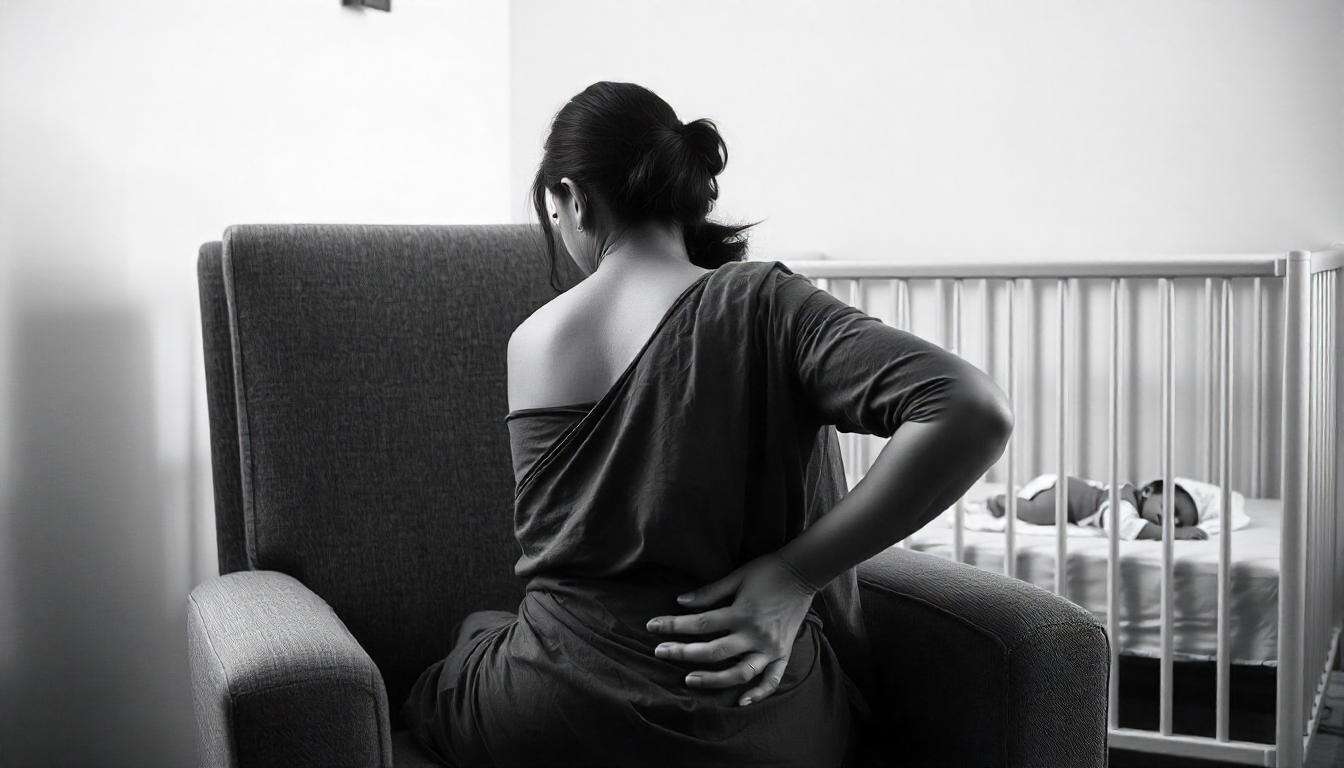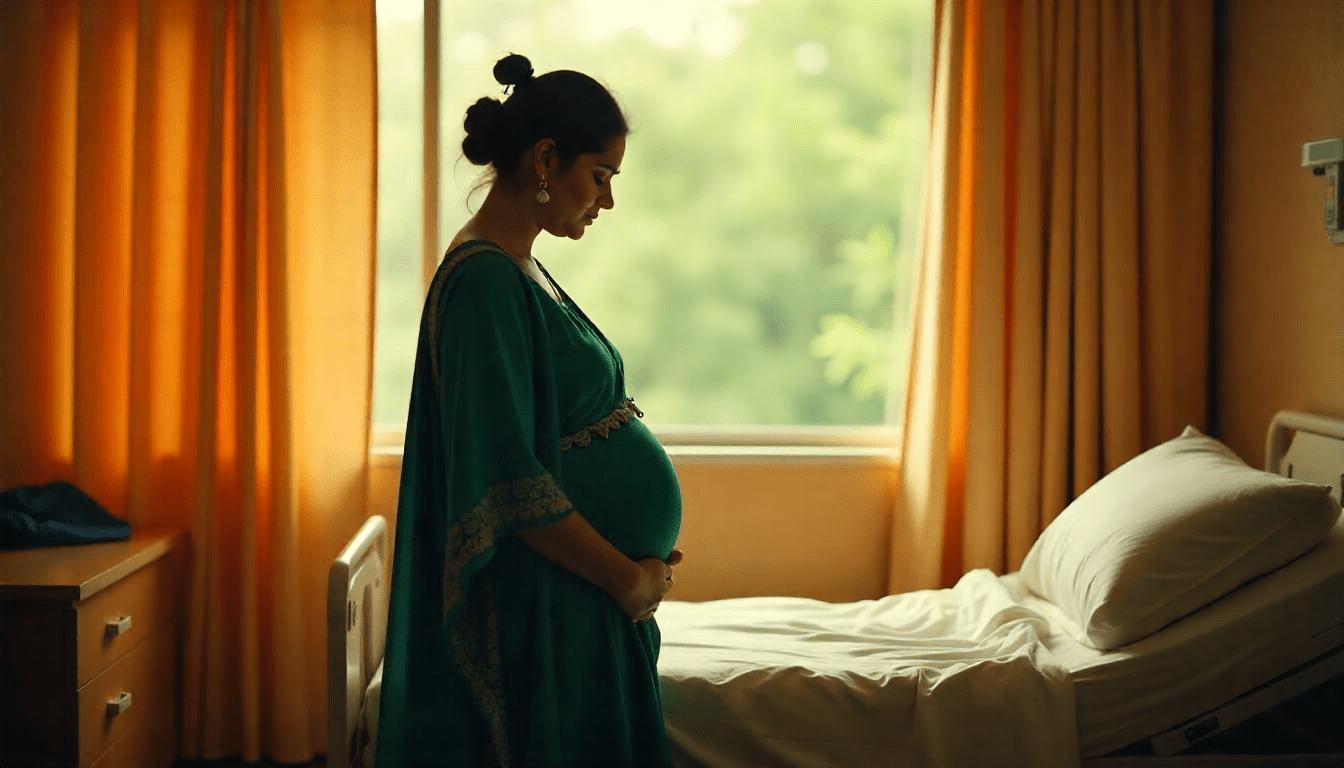Understanding Postpartum Recovery
Recovering after pregnancy is a unique journey for every new parent. The question on many minds is, “How much time to recover after pregnancy and mood swings?” Understanding postpartum recovery helps you navigate this important transition. Recovery encompasses both physical healing and emotional adjustments, which can sometimes lead to mood swings that new parents often experience.
Physical Recovery After Pregnancy
After giving birth, the body goes through significant changes and healing processes. Here are some common physical aspects of postpartum recovery:
- Uterine Involution: Your uterus will gradually shrink back to its pre-pregnancy size, which can take about 6 weeks.
- Lochia: This is the vaginal discharge that follows childbirth, which can last anywhere from 2 to 6 weeks. It’s essential to monitor its color and smell to ensure proper healing.
- C-sections or Tears: If you have had a C-section or experienced tearing during delivery, recovery can take longer. Expect around 6 to 12 weeks for healing.
- Physical Activity: Generally, light activities can begin within a few weeks, but full exercise might take a few months, depending on your recovery. Always consult with your doctor before commencing any exercise regime.
Emotional and Mental Recovery
Alongside physical healing, emotional recovery is crucial. New parents often face an overwhelming range of feelings, including joy, anxiety, and sadness. It’s normal to wonder, “How much time to recover after pregnancy and mood swings?” Here’s what you should know:
- Hormonal Changes: Fluctuations in hormones post-delivery can lead to mood swings.
- Postpartum Depression: This is a more severe form of sadness that may accompany intense anxiety or feelings of inadequacy. Recognizing the symptoms can help you seek timely support.
Common Mood Swings and Their Causes
Mood swings after pregnancy can stem from various factors, including:
- Fatigue: Sleep deprivation can greatly impact your emotional well-being.
- Hormones: The rapid drop in hormones after delivery is often a significant contributor to mood changes.
- Adjustment to Parenthood: The stress of caring for a newborn, feeding schedules, and lack of self-care can create emotional strife.
Recognizing these mood swings as a normal part of postpartum recovery can help in mild cases, but if they persist, it’s essential to seek help.
Tips for a Smooth Recovery
- Rest: Prioritize sleep and rest when your baby sleeps. Recovery takes time, and your body needs it.
- Nutrition: Eat a balanced diet rich in vitamins and minerals. Foods like leafy greens, lean proteins, and whole grains boost recovery.
- Stay Hydrated: Dehydration can worsen mood swings. Aim to drink enough water daily, especially if you’re breastfeeding.
- Connect with Other Parents: Join a local parent group or connect online. Sharing experiences can provide relief and understanding.
- Seek Help: Never hesitate to reach out to friends, family, or professionals. Sharing your feelings can significantly lighten your emotional load.
When to Seek Professional Help
Knowing when to reach out for help is vital in your recovery journey. If you experience the following, consider speaking to a healthcare professional:
- Persistent feelings of sadness or hopelessness
- Insomnia or extreme fatigue
- Difficulty bonding with your baby
- Severe mood swings that interfere with daily life
Conclusion
In conclusion, understanding how much time to recover after pregnancy and mood swings is essential for new parents. Recovery is a multifaceted journey, combining physical healing with emotional adjustment. Remember to prioritize rest, maintain a healthy lifestyle, connect with others, and seek help if needed. Every parent’s recovery timeline is unique, but support is always available to guide you through this significant period of change. If you resonate with these experiences, consider sharing your story or thoughts in the comments below!





